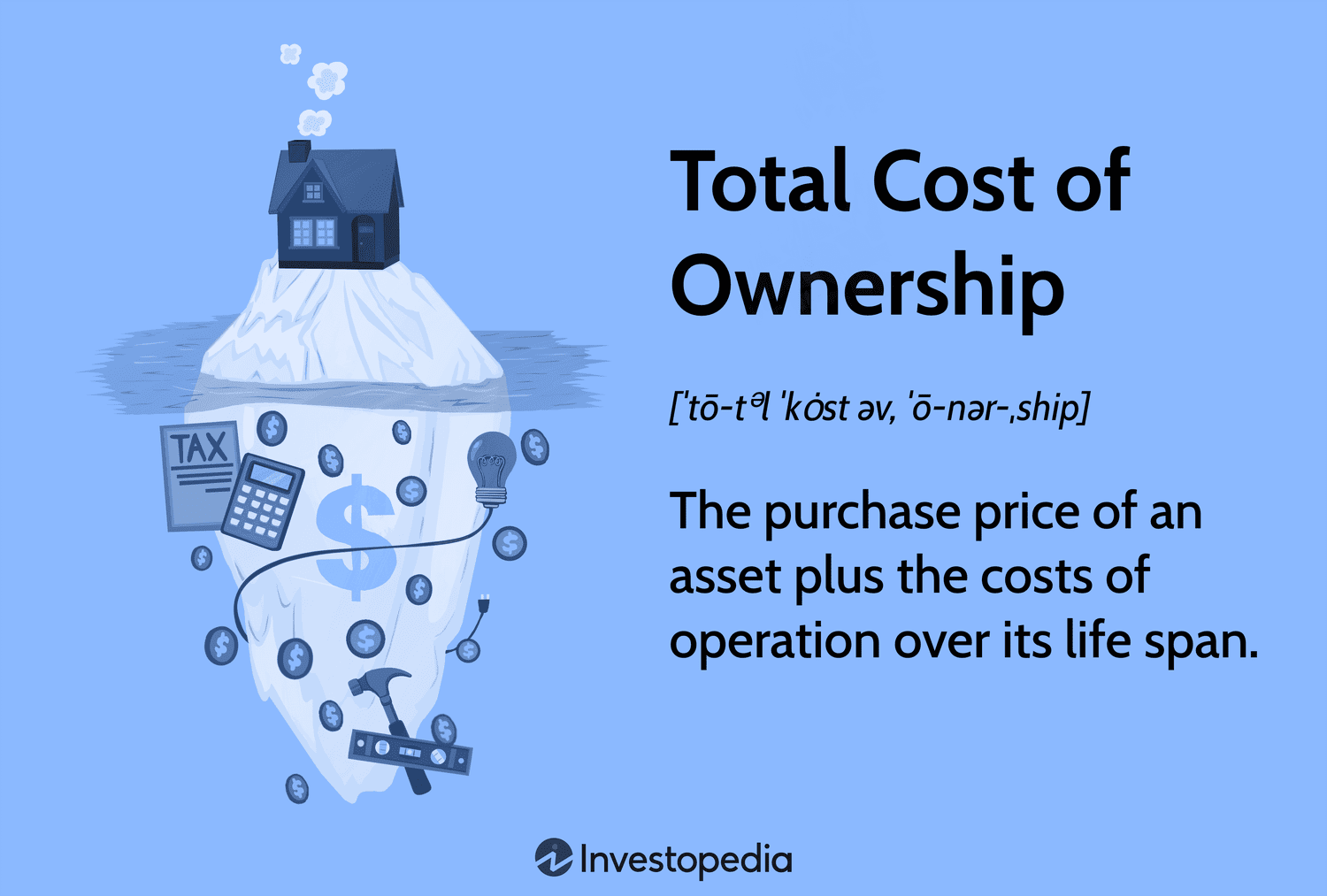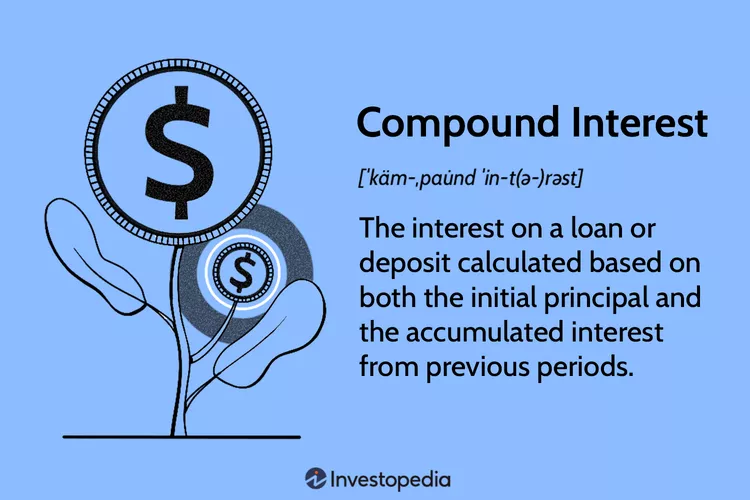
Money—it’s one of those things we all love to have, but managing it? Well, that’s another whole story. In fact, money management is kind of like driving in Lagos traffic: one wrong move, and you’re stuck in gridlock or worse—on a detour you didn’t see coming. Whether we like it or not, how we handle our money directly impacts our future. While it’s easy to focus on what we should be doing with our cash, knowing what not to do is just as important.
Think of your money as your most valuable tool. But just like you wouldn’t use a hammer to fix a leaky faucet, you shouldn’t make money moves that could devastate your finances. So, before you make any hasty decisions with your hard-earned naira, here are seven things you should never do with your money.
1. Making Financial Decisions Based on Emotions

We’ve all been there—whether it’s the dopamine rush of scoring that amazing deal or the panic that comes with seeing a drop in the forex market, emotions can drive us to make questionable financial decisions. Impulse buying is a big culprit here: you see something shiny, and before you know it, you’re swiping your card without considering whether you really need it. On the other hand, panic selling—especially in a volatile market—can lock in losses that would have rebounded had you kept your cool.
The Fix: When emotions take the driver’s seat, your financial decisions are bound to hit a roadblock. If you’re feeling the urge to make an impulse purchase or sell off an investment in a market dip, take a pause. Try a 24-hour purchase rule—if you still want it after a day, reconsider. For investments, remember: the market has ups and downs. Don’t let fear guide your choices.
Read: Genea Family Office Hosts Exclusive Event on Estate and Wealth Planning
2. Overlooking the Total Cost of Ownership

It’s tempting to look at the price tag of something big—a car, house, or that fancy new gadget—and think, “I can afford this.” However, many people overlook the hidden costs that come with ownership—for example, buying a car. You also have to consider maintenance, insurance, fuel, and those occasional repairs that pop up when you least expect it. The same goes for owning property or the latest iPhone—the real cost is often higher than you realize.
The Fix: Always consider the total cost of ownership before making a purchase. Consider additional costs like maintenance, repairs, insurance, and taxes for big-ticket items like cars and homes. For smaller items, consider the costs of upkeep or potential upgrades that might be required down the line.
3. Using a Credit Card to Buy Something You Can’t Afford

A credit card can be a great tool for convenience or earning rewards, but using it to buy things you can’t afford to pay off immediately is like borrowing from future you—and future you is going to be pretty annoyed. The problem with buying on credit is that the interest quickly adds up, especially if you only make minimum payments. What started as a simple purchase can snowball into debt that lingers for months or even years.
The Fix: The golden rule is simple: if you can’t afford to pay for it in cash, don’t put it on your credit card. Use your credit card for things you can pay off in full each month, avoiding interest charges altogether. Otherwise, hold off on purchases until you have the cash to back them up.
4. Ignoring Your Workplace Contribution

If your employer offers a pension or retirement plan with matching contributions and you’re not taking full advantage of it, you’re essentially saying “no” to free money. In Nigeria, many companies offer contributory pension schemes that match your contribution to your retirement savings. Ignoring this is like walking past a stack of cash every month and refusing to pick it up.
The Fix: Always contribute enough to get the full employer match—it’s free money that can significantly boost your retirement savings over time. Even if retirement seems far off, these contributions grow with compound interest, giving you a solid financial cushion later in life.
5. Buying Something Just Because It’s on Sale

The words “50% off” have a way of hypnotizing us into thinking we need something. But here’s the truth: buying something just because it’s on sale doesn’t mean you’re saving money—it means you’re spending money. If you wouldn’t have purchased that item at full price, then you’re not saving—you’re just falling for a marketing trick.
The Fix: Before you buy anything on sale, ask yourself, “Would I pay full price for this?” If the answer is no, walk away. Sales are tempting, but they only benefit you if you’re purchasing something you genuinely need and plan to buy in the first place. Stick to a shopping list to avoid impulse purchases disguised as “savings.”
Read: 4 Debt Payoff Mistakes to Avoid
6. Trusting “Get Rich Fast” Schemes

We’ve all seen them—those schemes that promise to double your money overnight or investment opportunities that sound too good to be true. Spoiler alert: they usually are. Whether it’s a Ponzi scheme, a dubious forex trade, or some “guaranteed” investment, these get-rich-quick opportunities almost always cost you more than you bargained for.
The Fix: It probably is if it sounds too good to be true. Stick to tried-and-true investment strategies like saving regularly, investing in reputable stocks or mutual funds, and diversifying your portfolio. Building wealth takes time, discipline, and patience—not magic.
7. Ignoring the Power of Compound Interest

Compound interest is the ultimate double-edged sword. It can exponentially grow your savings and investments when it works for you. But when it works against you—like with high-interest credit card debt—it can turn a small balance into a financial monster. The earlier you start saving and investing, the more you can benefit from compound interest. Conversely, the longer you delay paying off high-interest debt, the more it grows.
The Fix: Start investing as early as possible to maximize the benefits of compound interest. Conversely, tackle high-interest debt aggressively—every extra naira you pay now saves you more in interest later. Whether it’s growing your savings or eliminating debt, compound interest is a tool that can either work for you or against you—so use it wisely.
Managing your money well isn’t just about making smart decisions—it’s also about avoiding the costly mistakes that can derail your financial future. From avoiding impulse purchases to steering clear of get-rich-quick schemes, keeping these seven “don’ts” in mind will help you build a healthier, wealthier financial life.
Want more tips on how to avoid common money mistakes and make smarter financial decisions? Follow us for expert advice on saving, investing, and building long-term wealth.
